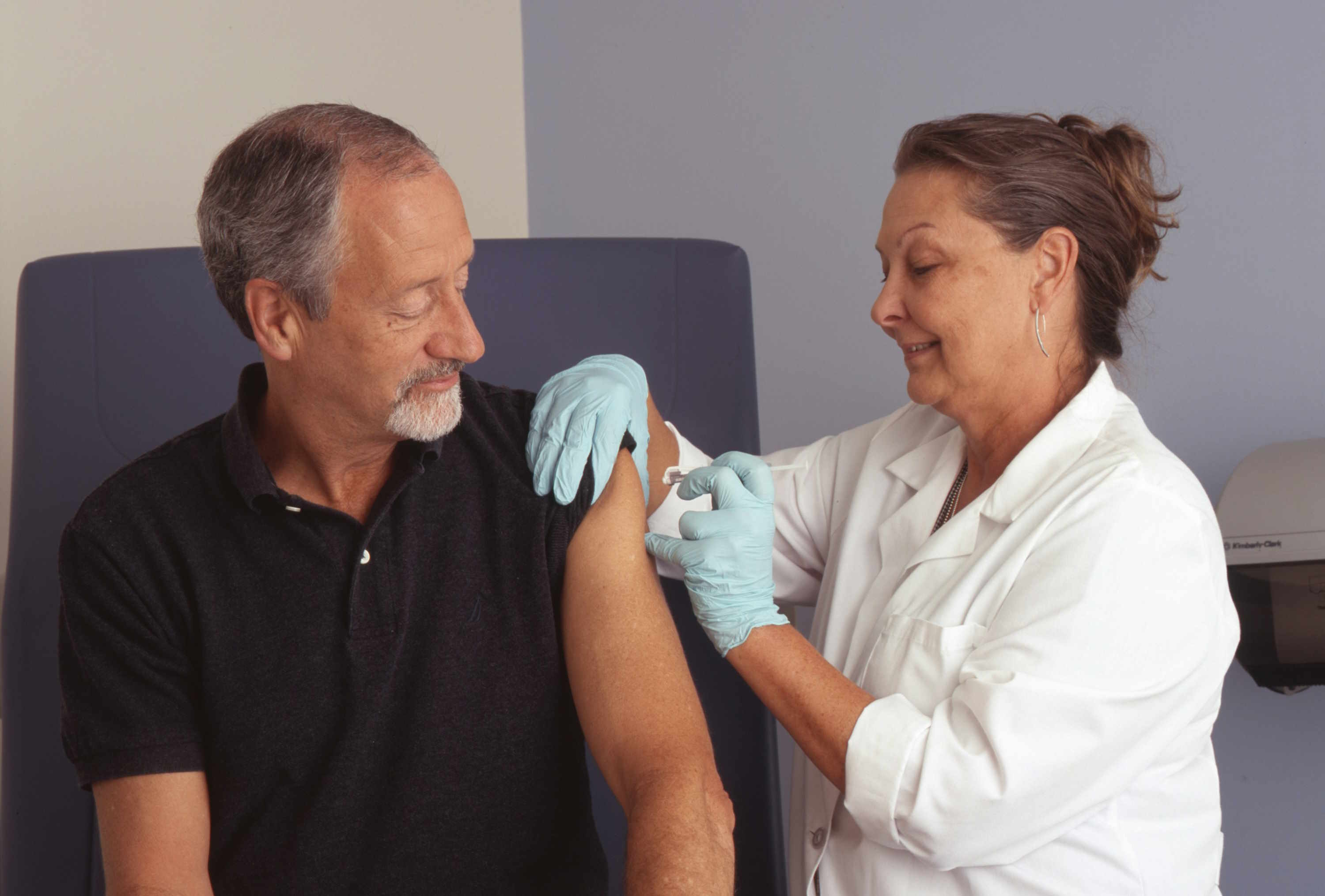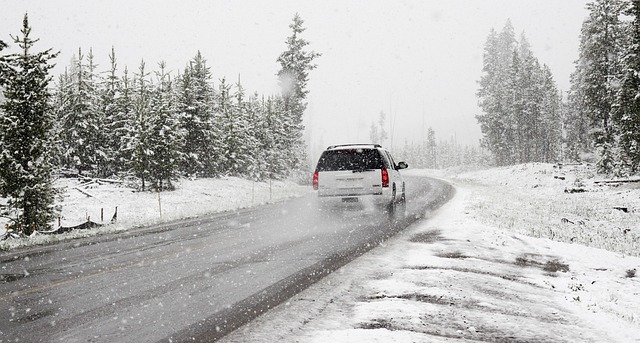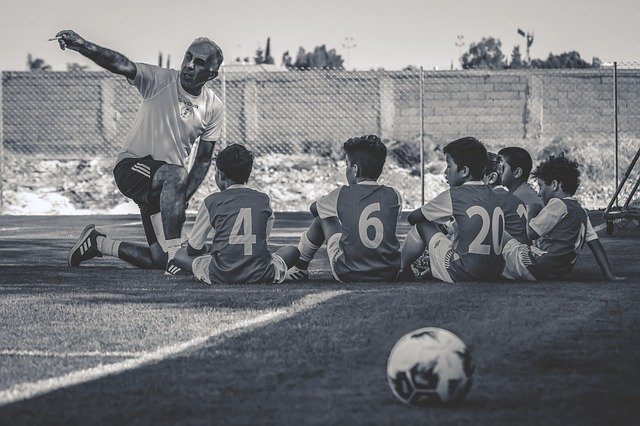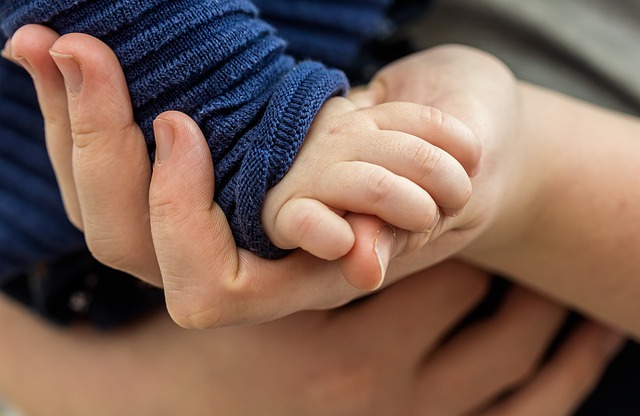Pneumonia Treatment: Understanding Care Options for Seniors
Pneumonia is a serious respiratory infection that can be particularly dangerous for older adults. As we age, our immune systems become less effective at fighting off infections, making seniors more susceptible to pneumonia and its complications. Understanding the available treatment options and preventive measures is crucial for maintaining the health of elderly individuals.

What are the primary treatment options for pneumonia in seniors?
Treatment for pneumonia in the elderly typically involves a combination of approaches tailored to the individual’s specific condition. Antibiotics are the cornerstone of treatment for bacterial pneumonia, with the choice of medication depending on the suspected pathogen and the patient’s medical history. For viral pneumonia, antiviral medications may be prescribed. In severe cases, hospitalization may be necessary to provide supportive care, including oxygen therapy and intravenous fluids. Respiratory therapy, such as breathing exercises and chest physiotherapy, can help clear the lungs and improve oxygen intake. It’s important to note that treatment duration may be longer for seniors due to their slower recovery process.
What role do vaccines play in pneumonia prevention for the elderly?
Vaccination plays a crucial role in preventing pneumonia among the elderly population. The pneumococcal vaccine is specifically designed to protect against Streptococcus pneumoniae, a common cause of bacterial pneumonia. There are two types of pneumococcal vaccines recommended for seniors: the pneumococcal conjugate vaccine (PCV13) and the pneumococcal polysaccharide vaccine (PPSV23). The Centers for Disease Control and Prevention (CDC) recommends that adults 65 and older receive both vaccines for comprehensive protection. Additionally, annual flu shots are essential, as influenza can lead to pneumonia as a complication. These vaccines are vital components of preventive healthcare for seniors, significantly reducing the risk of pneumonia and its associated complications.
How can caregivers support pneumonia recovery in elderly patients?
Caregivers play a critical role in supporting seniors recovering from pneumonia. Ensuring that the patient adheres to their prescribed medication regimen is paramount. Caregivers should assist with medication management, including proper dosing and timing. Encouraging adequate rest and maintaining proper nutrition are also essential for recovery. Seniors may have decreased appetite during illness, so offering small, frequent meals rich in nutrients can help support the healing process. Proper hydration is crucial, as it helps thin mucus and makes it easier to clear from the lungs. Caregivers should also monitor for any signs of worsening symptoms or complications, such as difficulty breathing or confusion, and report these to healthcare providers promptly.
What lifestyle changes can help prevent pneumonia in seniors?
Adopting certain lifestyle habits can significantly reduce the risk of pneumonia in the elderly. Good hygiene practices, such as frequent handwashing and avoiding close contact with individuals who have respiratory infections, are fundamental. Encouraging seniors to quit smoking is crucial, as smoking damages the lungs and increases susceptibility to respiratory infections. Regular exercise, within the individual’s capabilities, can help maintain lung function and overall health. Ensuring that seniors receive proper nutrition, including adequate protein and vitamins, supports a strong immune system. Managing chronic conditions such as diabetes or heart disease is also important, as these can increase vulnerability to pneumonia.
What are the costs associated with pneumonia treatment for seniors?
The cost of pneumonia treatment for seniors can vary widely depending on the severity of the illness and the required level of care. Outpatient treatment, including doctor visits and prescribed medications, is generally less expensive than inpatient care. However, for severe cases requiring hospitalization, costs can escalate significantly.
| Treatment Type | Estimated Cost Range | Notes |
|---|---|---|
| Outpatient Care | $100 - $500 | Includes doctor visits and prescription medications |
| Inpatient Hospital Stay | $10,000 - $25,000 | For severe cases requiring hospitalization |
| Pneumococcal Vaccines | $50 - $200 per dose | Preventive measure, often covered by Medicare |
| Home Care Services | $20 - $100 per hour | For post-hospital recovery support |
Prices, rates, or cost estimates mentioned in this article are based on the latest available information but may change over time. Independent research is advised before making financial decisions.
While these costs can be substantial, many seniors in the United States have coverage through Medicare, which typically covers a significant portion of pneumonia treatment expenses. However, out-of-pocket costs such as deductibles and copayments may still apply. It’s important for seniors and their caregivers to understand their healthcare coverage and explore any additional financial assistance programs that may be available in their area.
In conclusion, pneumonia treatment for seniors involves a comprehensive approach that includes medical interventions, preventive measures, and supportive care. Understanding the unique challenges faced by the elderly in combating pneumonia, the importance of vaccination, and the role of lifestyle modifications can significantly improve outcomes. By working closely with healthcare providers and implementing appropriate preventive strategies, seniors can reduce their risk of pneumonia and ensure better overall respiratory health.
This article is for informational purposes only and should not be considered medical advice. Please consult a qualified healthcare professional for personalized guidance and treatment.






